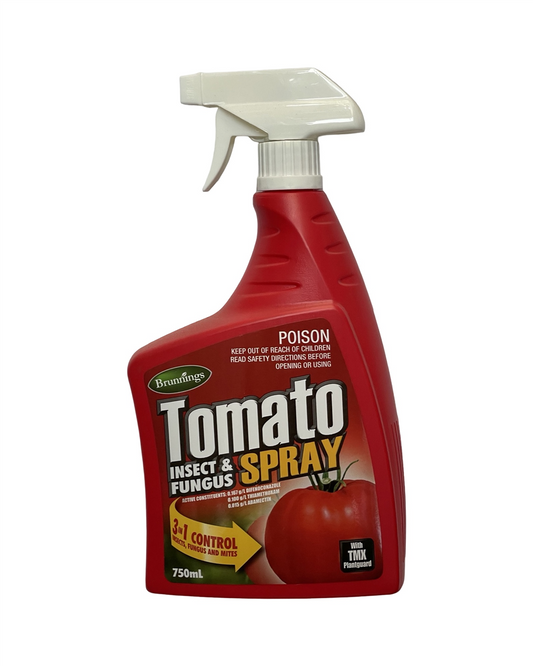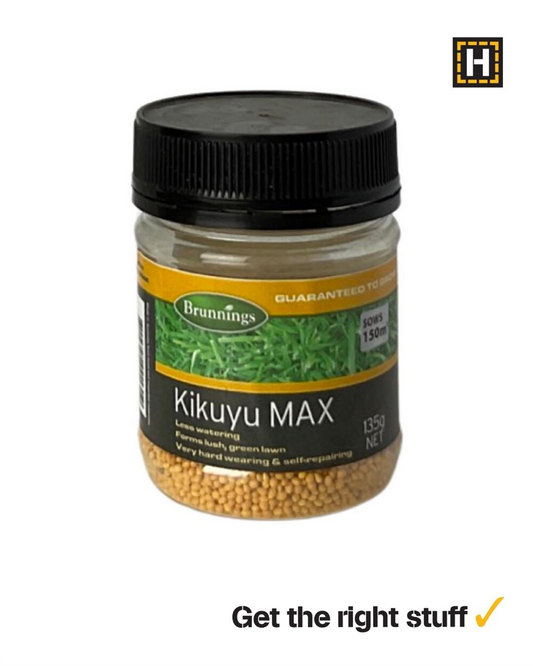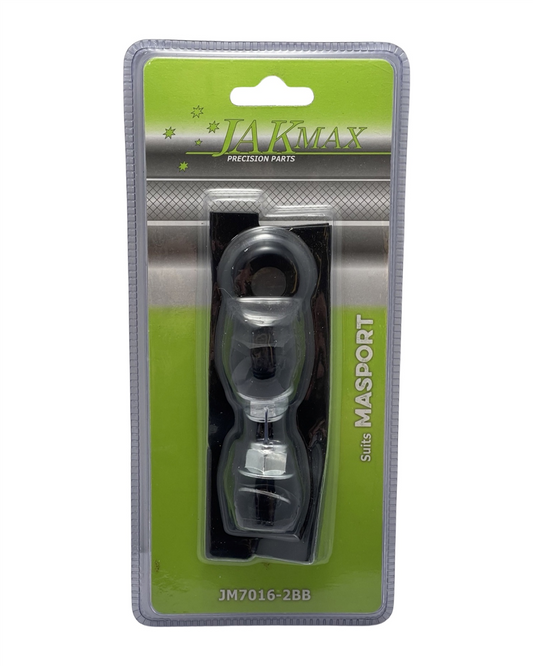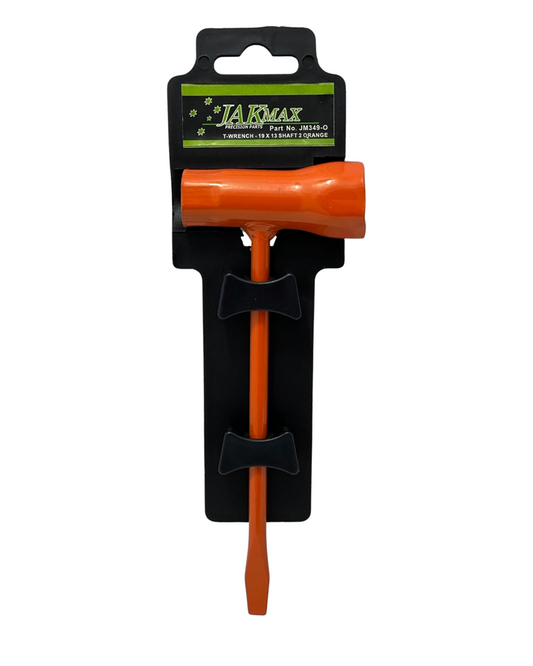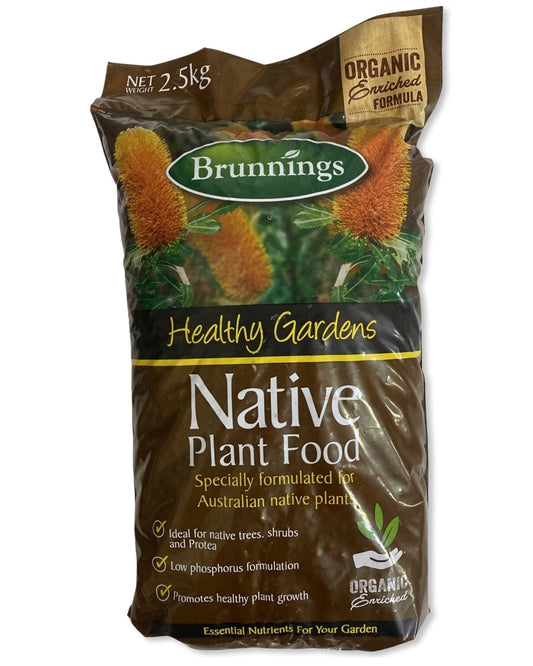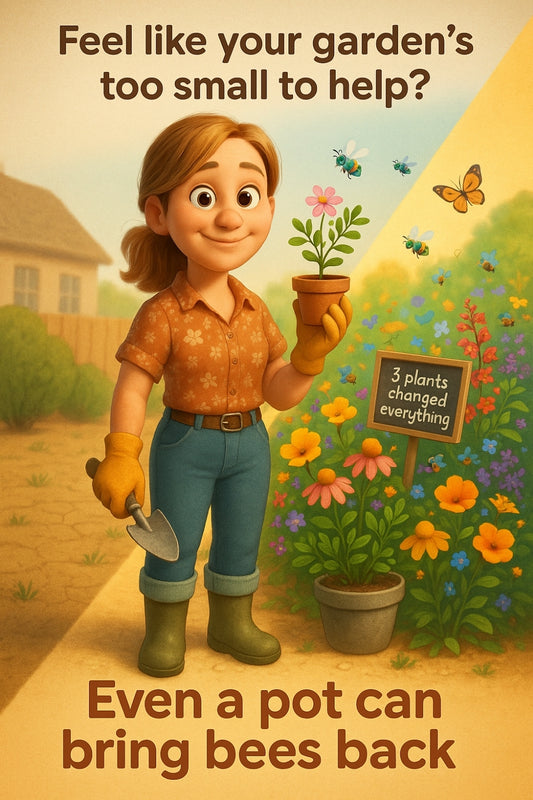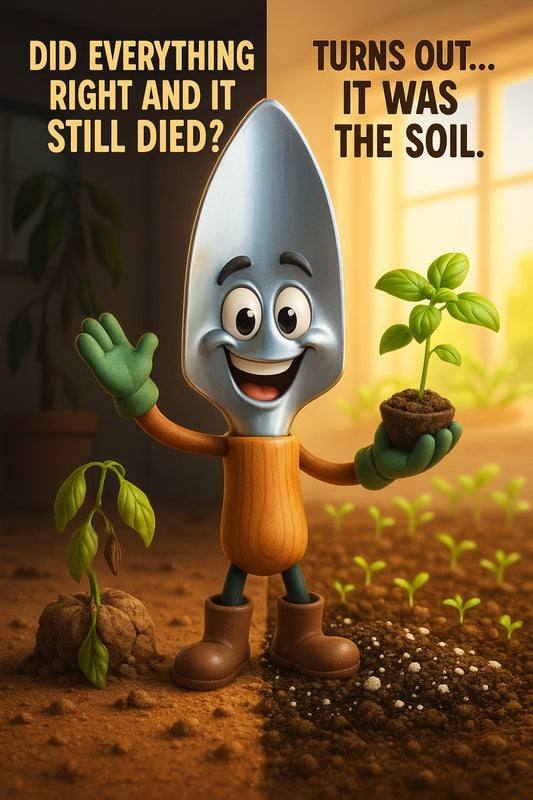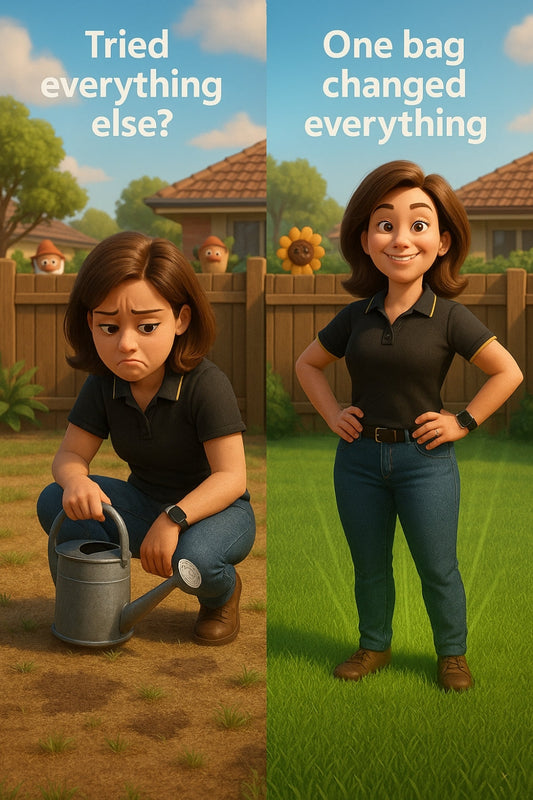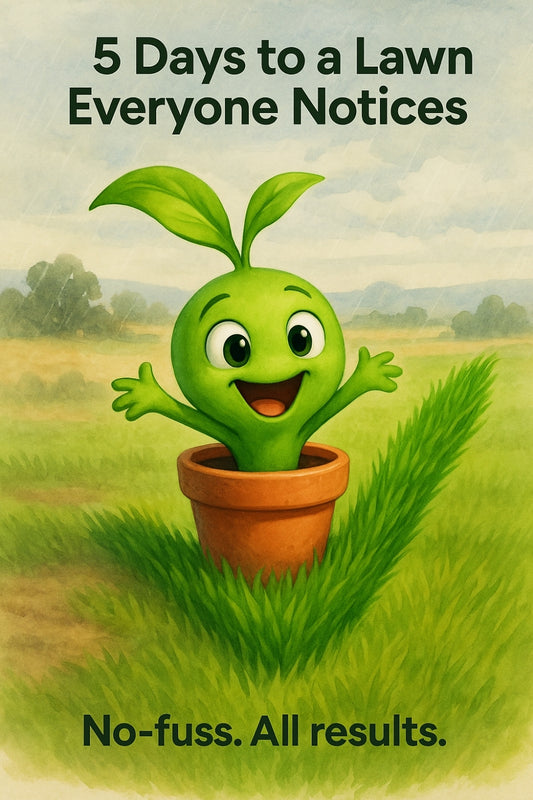What I wish I knew before starting my vegetable garden
Share
Gardening Lessons I Wish I Knew Before Digging In
Starting a vegetable garden seemed simple. Buy some seeds, dig a few holes, add water, and voila—fresh produce! But, like many first-time gardeners, I quickly discovered that nature plays by its own rules. If I could go back in time, I'd give myself a few pointers to save a lot of frustration (and a few sad, wilted plants).
Soil Isn’t Just Dirt
One of my first mistakes was treating soil like an afterthought. Plants need good soil just as much as they need sunshine and water. A little prep work makes all the difference. Test your soil’s pH, add compost, and mix in some organic matter. Trust me, tired soil grows tired plants. If yours looks dry and lifeless, a bag of high-quality compost is worth every dollar.
Start Small or Regret It Later
I was ambitious—too ambitious. Rows upon rows of seedlings turned into a jungle I couldn’t control. Between watering, weeding, and pest management, I was exhausted. A couple of raised garden beds or a few pots on the patio would have been a smarter start. Master a few plants first, then expand when you’re ready.
Not All Vegetables Like the Same Conditions
Some veggies thrive in cooler weather, while others bake in the summer sun. My early attempts at growing lettuce in the middle of summer failed spectacularly. Researching climate-friendly plants makes a difference. Leafy greens like cooler temperatures, while tomatoes and capsicums love soaking up the heat.
Pests Will Find You
Nothing prepared me for the heartbreak of caterpillars munching through my kale overnight. Nature has its own food chain, and your veggies are on the menu. Preventative measures like netting, companion planting, and organic sprays help keep the nibblers at bay. Learn about common garden pests before they turn your hard work into dinner.
Watering Is an Art
Drowning your plants in enthusiasm (and water) is an easy mistake. So is forgetting to water during a stretch of hot weather. Deep, infrequent watering helps roots grow strong. Mulch is your best friend—it retains moisture and keeps the soil temperature steady.
You Don’t Need Fancy Tools
That expensive gardening kit with 10 different tools? Most of them will sit in the shed collecting dust. A sturdy trowel, a watering can, and a good pair of gloves cover most of the basics. If you add anything else, let it be a kneeling pad—your knees will thank you.
Harvesting at the Right Time Matters
Waiting too long for perfection led to overripe zucchinis the size of cricket bats. Picking veggies when they’re at their peak makes them tastier and encourages more growth. Don’t leave them hanging on the vine too long.
Gardening Is More Fun Than It Looks
Despite the learning curve, there’s something magical about eating something you’ve grown yourself. Even the smallest harvest feels like a victory. The more you learn, the easier it gets, and soon enough, you'll be offering gardening tips to every friend who visits.
So, if you're starting your first vegetable patch, take it one step at a time. Your future self will thank you!
 Stay Connected
Stay Connected
Join our gardening community on Facebook the Urban Gardener's Notebook
And follow our Store Facebook Page: Strathalbyn H Hardware on Facebook

